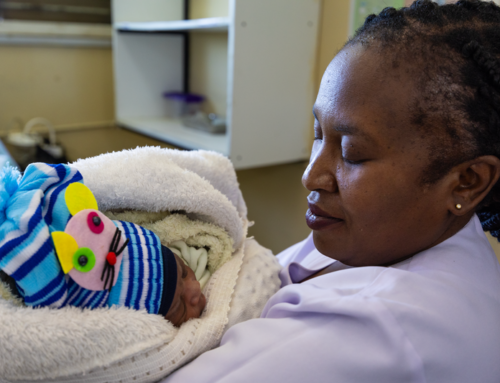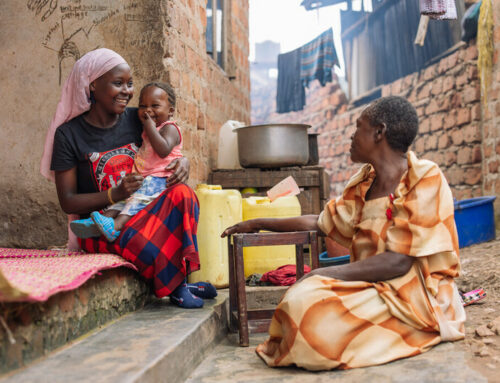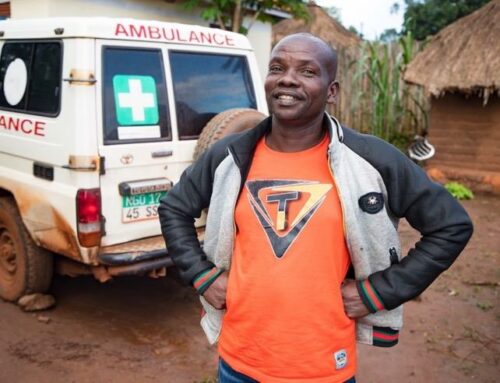Tackling domestic violence, family planning and HIV with Community Health Workers
Margaret lives with her two sons in Kibera, the largest informal settlement in Africa. Twenty years ago, she decided to train as a Community Health Worker (CHW), thanks to Amref Health Africa.
“I used to see so much suffering around me,” Margaret remembers. “Infectious diseases caused by a lack of sanitation and good hygiene; women who died during childbirth, of preventable causes. I wanted change and realized that it was within my power to do something. With the approval of the community, I began to offer medical assistance and to share information about health-related issues. As a result of the work of me and other CHWs, things began to improve and now women in the community give birth in hospital, the environment is cleaner, and health knowledge has improved.”
In Kibera, there is a shortage medical staff to provide care for the community. CHWs like Margaret are so important because they help relieve the healthcare burden. CHWs serve as an important link between the poorest populations and the formal healthcare system.
As a CHW, Margaret looks after 100 households consisting of five to six people each. She visits a few families every day, providing information on how to stay healthy and encouraging open discussion of sensitive health topics like family planning, HIV/AIDS, and domestic violence. She supports women during pregnancy and even accompanies them to appointments, checks that children are receiving vaccinations on schedule, identifies symptoms of illnesses, and refers patients to hospitals if necessary. Margaret says, “I know people personally, because I’m a member of this community. They trust me, and they take my advice. That really helps.”
Margaret also tries to address taboos that prevent open discussion and act as barriers to people accessing essential information about HIV, reproductive health and STDs. She conducts confidential conversations with community members and invites them to support groups to talk freely about these topics.
“Talking about such topics is so important,” Margaret says. “I can still remember that during my work I treated a young woman who was living with HIV. She received medication from the hospital, but she became increasingly ill. Eventually she weighed only 25 kilos and she could no longer stand. I found out that, on the advice of her mother, she had stopped taking her medication. Fortunately, we were able to intervene just in time; otherwise she would probably have died.”
When she started out as a CHW, Margaret received basic training from Amref Health Africa. Now, she regularly receives further training through an app that we developed on her mobile phone. Through the app, she has direct contact with nearby health workers and is informed about disease outbreaks in real time.
“Through the app I always have access to basic medical knowledge and when something happens, like an outbreak of cholera for example, I get a pop-up message. I am informed on how to recognize the signs and what to do to prevent it. That is important as it gives me confidence and enables me to ensure that health problems do not increase further.”




